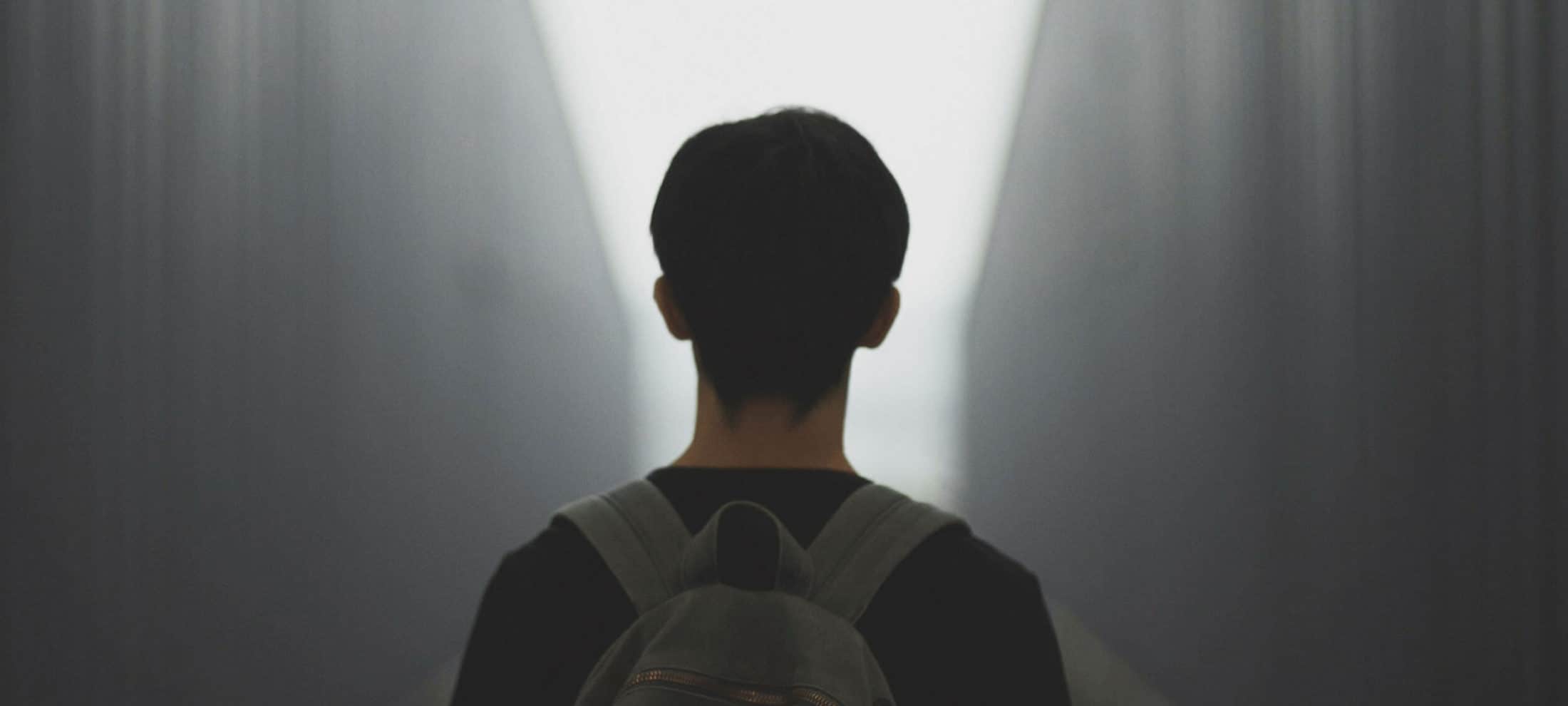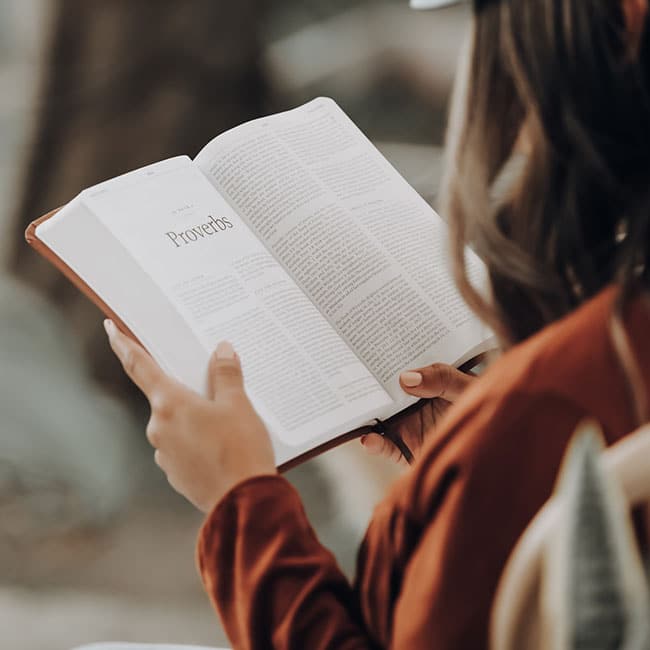
Tyson Yunkaporta is a researcher, arts critic, poet, and traditional wood carver. He works as a senior lecturer in Indigenous Knowledges and is the founder of the Indigenous Knowledge Systems Lab at Deakin University.
A scholar of free-ranging ideas
Yunkaporta is not your typical academic. In a recent interview, he said:
“I try to avoid naming anything. And I try to avoid making too much sense, and I try to say things a bit differently every time and to mix it up. And I’ll make points that you can’t put together. I do that quite deliberately because I don’t want the things I’m thinking or working on to become an ideology or a brand, or something that people can use as a name… you’ve got to avoid that packaging and repackaging of ideas and let these things be free-range.”
Yunkaporta tries to keep his writing and discussions “free-range” because he doesn’t want to give complex ideas or concepts an “artificial simplicity.”
According to Yunkaporta, when we simplify complex ideas, they can become easily distorted or manipulated and the original intention behind them can become lost. But more problematically, when we simplify complex ideas, we fail to see how they connect to the larger patterns of creation at work.
“There is a pattern to the universe and everything in it.”
Nothing is really created or destroyed, it merely moves and changes. When we start to pay attention to the way that things move and change, and take note of the patterns that they make, we gain a better understanding of the world around us.
This is important, Yunkaporta states, because “future survival of all life on this planet will be dependent on humans being able to perceive and be the custodians of the patterns of creation again.”
Indigenous thinking can save the world
Yunkaporta’s recent book Sand Talk: How Indigenous Thinking Can Save the World, is all about identifying and learning from the patterns of creation.
Sand Talk has sometimes been described as an exercise in “reverse-anthropology”, because rather than looking at Indigenous knowledge systems and practices from a Western perspective, Yunkaporta examines Western knowledge systems and practices from an Indigenous perspective.
He is careful about what knowledge he shares in the process, explaining that symbolic knowledge is often restricted (for example, by age or birth order) or is only appropriate for a specific places or groups (for example, members of particular clans).
However, he shares enough to help his readers start to recognise patterns in the world around them and to “come into Aboriginal ways of thinking and knowing, as a framework for the understandings needed in the co-creation of sustainable systems.”
Although Yunkaporta believes that sustainable systems cannot be manufactured by individuals (this is something that we must undertake collectively), he does think that each of us plays an important role as an agent of sustainability.
Agents of sustainability have four main protocols or guidelines, according to Yunkaporta: diversify, connect, interact, and adapt.
These guidelines tell us that we should diversify our interactions, so that we engage with people and systems that are dissimilar to ourselves and what we’re used to.
We should also aim to expand the networks of people that we currently engage with, so that we connect with as many new people and engage with as many new systems as we can.
Through these connections, we should also share knowledge, energy, and resources. But most importantly, we should allow ourselves to be transformed by the knowledge, energy and resources that are shared with us.
Ironically, Yunkaporta believes that frameworks are nothing more than “window dressing.” Yet, as he himself highlights, the four main protocols for sustainability agents are a kind of framework for sustainability.
This contradiction is, however, just part of Yunkaporta’s style. He describes his work as a “free-range ramble that should never be taken at face value.”
He writes to provoke thought and reflection in his audience, not to give them all the answers. After all, he muses, “perhaps the worst possible outcome of this work would be civilisation embracing these ideas.”
Ethics in your inbox.
Get the latest inspiration, intelligence, events & more.
By signing up you agree to our privacy policy
You might be interested in…
Opinion + Analysis
Relationships
Struggling with an ethical decision? Here are a few tips
Explainer
Relationships
Ethics Explainer: Conscience
Explainer
Relationships
Ethics Explainer: Epistemology
Opinion + Analysis
Relationships




